The right to gratuitous urgent use of a land plot is considered to be binding. It is provided for in the LC. The legislation defines its essence and specificity. Let's consider them in more detail.
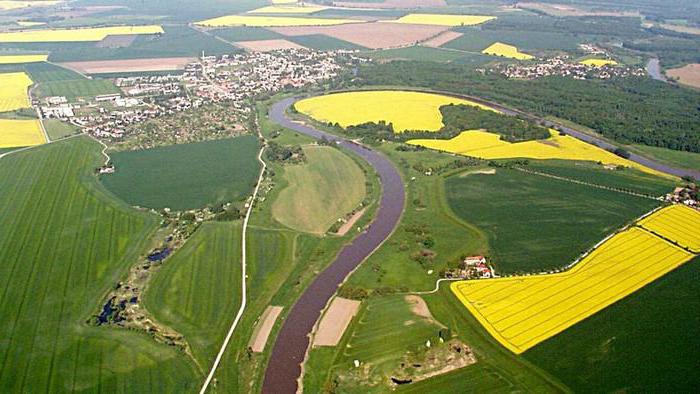
General information
Gratuitous agreement use of a land plot, a sample of which will be presented in the article, is concluded similarly to a loan agreement. In accordance with its conditions, one entity undertakes to give or gives the object to another for a certain time. The latter, in turn, must return it after the specified period in the form in which it was received or which is established by agreement, taking into account its normal wear and tear.
Contract for the gratuitous use of land: features
The agreement concluded by the parties has a number of specific features. The first of these is gratuitousness. This means that the owner does not receive payment for the operation of the facility. The subject of the agreement is the allotment or part thereof, information about which is included in the state real estate cadastre. The contract for the gratuitous use of the land must contain a number of mandatory information. In particular, it includes information that characterizes the allotment with certainty. Another feature of the agreement is urgency. It means that the operation of the facility is limited by time. At the end of the agreed period, the allotment is returned.

Execution of an agreement
The contract is made in writing. The following information shall be indicated in the agreement:
- Name of the parties. If organizations sign the contract, the abbreviated and full names are given, the name of the authorized person, the documents on the basis of which it is valid are indicated. If the agreement is concluded with a citizen, then he should indicate the data of the passport, first name, middle name and last name, date of birth.
- Description put on. Here it is necessary to give the area, address, cadastral number, name the category of land and the permitted type of operation.
- Validity. The parties may agree on a specific period of use for the site. The end of the period can be tied to any event. For example, if a service area is provided, then gratuitous use arises within the framework of labor relations. Accordingly, upon dismissal, a citizen must return the allotment.
- Legal status of the parties and liability. In this section, experts recommend indicating the most specific information, conditions and circumstances. Particular attention must be paid to the responsibility of the parties. Of course, it will not be possible to stipulate all cases, however, it is necessary to state as accurately as possible the cases in which certain actions of the subjects will be regarded as violations. It should also be possible to compensate for losses resulting from improper fulfillment of conditions. This will avoid conflict situations.
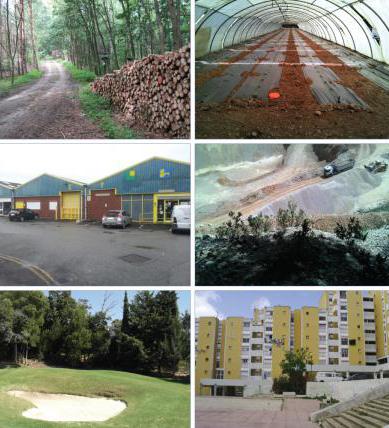
If the parties to the agreement stipulate the intended use of the territory, this should also be reflected in the document. The contract includes information about the facilities that are present on the site. Agreements with a validity period of less than a year or not specified are not subject to state registration.
Allowed Categories
The right to use the land plot free of charge extends to certain territories. These include allotments:
- Owned by the municipality or state. Transfer of the land plot for free use in such cases is carried out by the executive structures of the state power or local government to legal entities (state-owned institutions, centers of cultural and historical heritage of the heads of the Russian Federation, whose authority has been terminated). Objects are put into operation for a period of not more than a year.
- Organizations or citizens owned by other individuals in the form of official allotment for the period of labor relations. Provision of a land plot for free use in this way is carried out by employees of enterprises of certain economic sectors, including employees of transport organizations, the forest industry, budgetary federal institutions that manage national parks and nature reserves, as well as structures operating in the field of hunting.
- Owned by organizations and citizens - to other legal entities and individuals in accordance with the agreement.
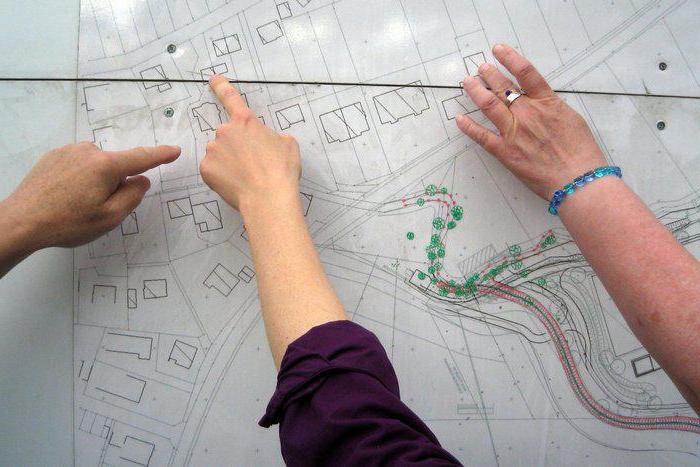
Categories of employees of enterprises entitled to receive official allotments for gratuitous use, conditions for the transfer of land are established by federal and regional laws.
Features of the implementation of legal opportunities
Gratuitous urgent use of land by religious organizations owned by the state or municipality is fully implemented subject to certain rules. Allotments for the construction of buildings used to implement the goals of a legal entity are operated during the period of construction work. If the organizations have temporary structures for religious purposes, gratuitous urgent use of the land plots under them is carried out during the same time as the indicated buildings.
HBC
Gratuitous use of land owned by the state or municipality, housing construction cooperatives is carried out in full in cases:
- The construction of apartment buildings that are assigned an economic class.
- If HBC is created from among individuals with 3 children or more.
- If the cooperative is formed to provide housing for citizens who are employees of universities, educational institutions, health organizations and culture.
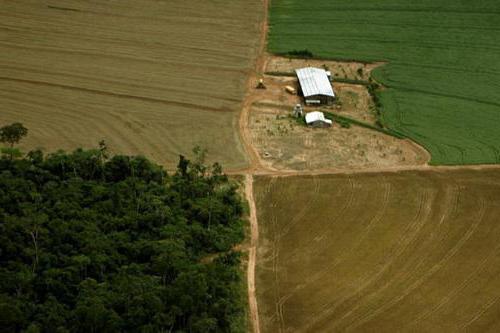
Additionally
Gratuitous use of land plots that are state or municipal property is carried out in full in cases specified in the Forest Code. A similar rule applies to allotments given temporarily to persons with whom a contract for the construction of immovable objects is signed. Moreover, the construction should be carried out entirely at the expense of the budget of the administrative-territorial unit.
The grounds for the legal opportunity
Gratuitous use of land is carried out in accordance with:
- Decision (administrative act) of the territorial self-government body or state executive structure.
- By agreement between the entities.
- The decision of the organization in which the citizen is engaged in labor activities on the transfer of official allotment upon his application
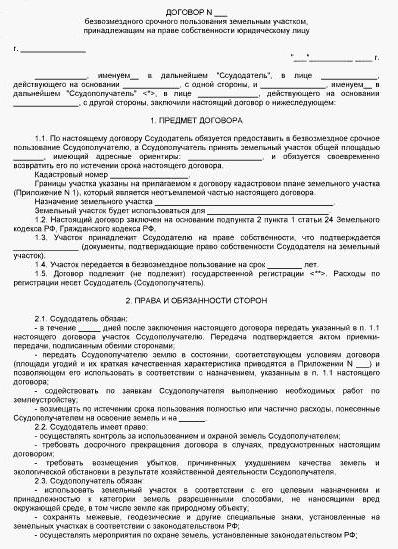
Termination of Rights
The grounds are:
- The decision of the owner of the plot.
- Agreement of the parties to the relationship.
- The end of the period of free use.
- The refusal of the subject who received the allotment from its operation.
- Judgment
The contract may also be terminated in the event of the death of the borrower (the entity operating the site) or the liquidation of the organization acting as a party to the agreement.
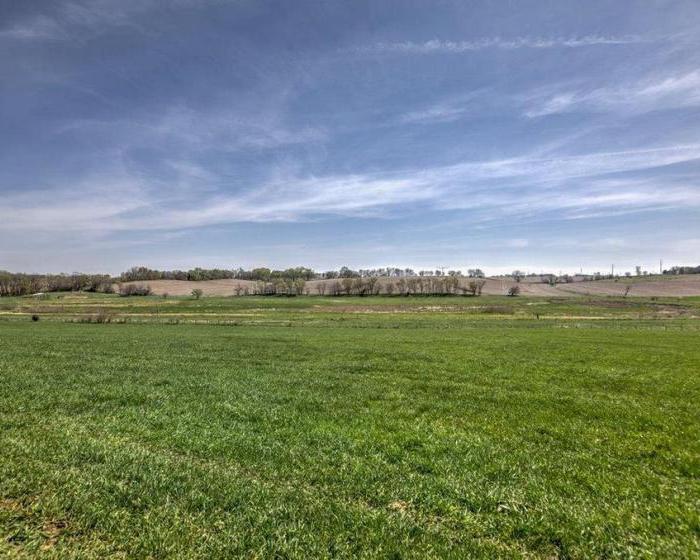
Responsibilities of land plots
Gratuitous use of land should be carried out in accordance with the intended purpose of the territory and only permitted methods. The activities of citizens and organizations should not harm nature. Persons operating land plots are required to maintain boundary and other specially established signs within them. Subjects should carry out activities aimed at protecting territories, water and forest objects, including fire safety measures. Persons to whom the plots were transferred for gratuitous use are obligated to start their operation in a timely manner, if specific time frames are established in the relevant agreements. Entities must comply with the requirements of urban planning regulations normative documents defining sanitary-hygienic, ecological, fire-prevention rules. The responsibilities of organizations and individuals include carrying out measures to prevent degradation, cluttering, pollution, deterioration of soil fertility on land plots of the corresponding categories.
Important points
The law provides for liability for the risk of inadvertent damage to the site. It is assigned to the entity operating the allotment. However, in this case it is necessary to prove his guilt. Responsibility for the entity will be assigned if:
- The plot was leased to third parties without the consent of the owner.
- The entity operating the plot could have prevented the damage, but did not take appropriate action.
- The land was not used in accordance with its purpose or conditions agreed upon by the parties.
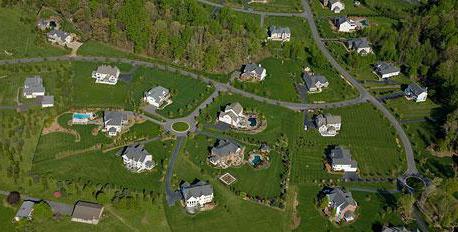
If the agreement does not have a period of its validity, subjects can refuse to continue the relationship by notifying each other about it no later than 1 month. The lender (the party providing the land for use) is individually liable for damage incurred by third parties as a result of the beneficiary's exploitation of the indicated allotment, if he cannot prove that the second party is to blame. For example, during the digging of the trench a pillar was dug up and he squinted. After a gale-force wind, he fell to a neighbor’s site. In this case, the owner (lender) is innocent. Compensation for the damage shall be imposed on the entity that carried out gratuitous use and violated safety procedures.
Download a contract for the gratuitous use of land
